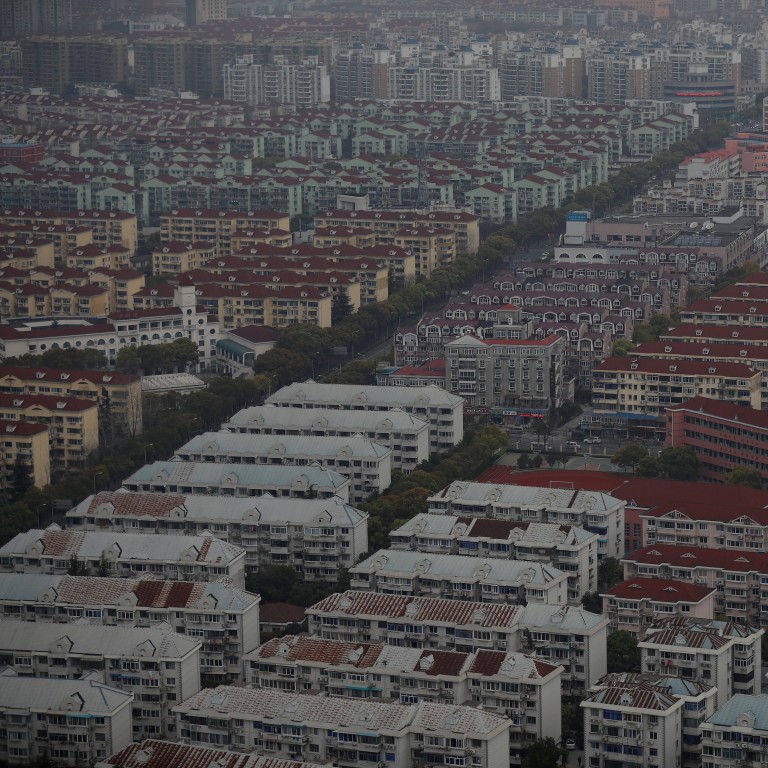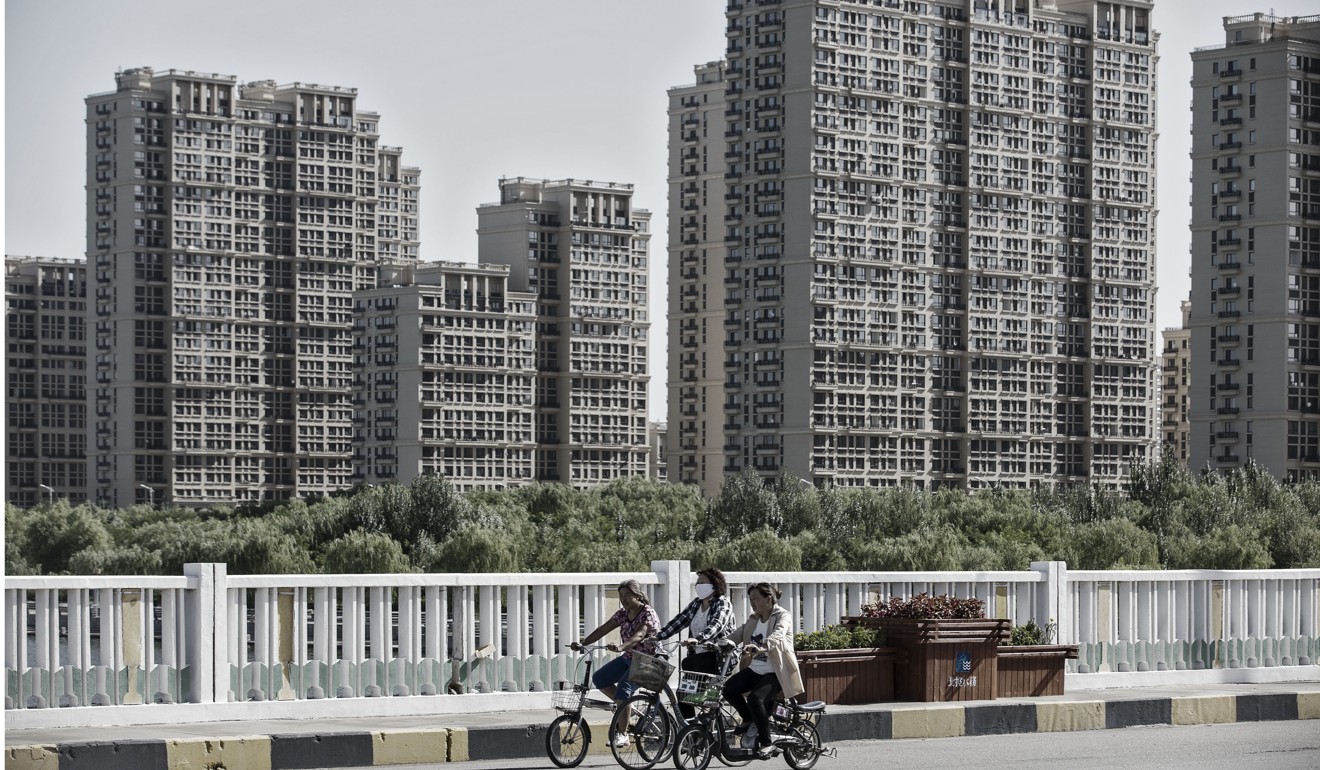
To ease controls or not? Chinese cities see-saw on policy amid property market slump
- Local authorities need to strike a delicate balance between ensuring economic growth and toeing central government line to keep home prices under control
- Some cities that lifted curbs to prop up property markets have become test cases
A small city in central China has become the first city to flip-flop on its property price control policy in a day, underlining local governments’ growing dilemma of the need to prop up sluggish property markets, major economic growth drivers, without incurring the wrath of a central government determined to cool overheated home prices.
Hengyang, a 1.2 million people city in Hunan province, rescinded a directive to halt price curbs on Thursday night, just a day after it announced that it was easing measures.
Hengyang’s about-turn move contrasted with those of three other cities which eased controls in the past week, amid Beijing’s pro-growth policy for 2019 that emerged from a key national economic meeting. Easing measures in the three cities – Heze in north-eastern Shandong province, Guangzhou and Zhuhai in the south – were approved without any interference from the central or respective provincial governments, in line with the decision at the national meeting to allow local officials to decide on their own property market policies.
“There is always the delicate balance between local governments and Beijing: the former prioritise local property and broader economy as they relied on land sale and property-related taxes, while the latter is more concerned social stability,” said David Hong, Hong Kong head of research at property consultancy CRIC.
“For now, local governments are testing the waters.”
There is always the delicate balance between local governments and Beijing: the former prioritise local property and broader economy as they relied on land sale and property-related taxes, while the latter is more concerned social stability
China’s measures to cool its overheated market over the past two years, from limiting lending to buyers and developers to capping home prices, as well as selling less land for development, have eaten into property companies’ profitability and also earnings of local governments which rely heavily on land sales as income.
On Friday, the housing authority of Hefei, the capital city of central Anhui province, denied that it has lifted restrictions for non-locals buying homes, in response to a report in the National Business Daily citing several local property agents that controls were relaxed.
The agents said, according to the report, the directive was verbally conveyed without any official documents, and local Hefei media were barred from reporting the news.
Growth in Hefei home prices slowed from 40 per cent in mid 2016 to a mere 3.8 per cent last month.
It is unclear if Hefei has cancelled its easing policy. The housing commission could not be reached for comment.

In 2011, officials in southern Foshan city revoked a decision to relax home purchase restrictions 24 hours after it was announced, while a year later, Wuhu city in Anhui province cancelled subsidies to buyers three days after introducing them.
Still, many analysts believe that Beijing will lift the property control policy in 2019 to offset the economic slowdown.
In explaining the move to walk back on its decision to ease controls, the Hengyang Reform and Development Commission said in a statement that the city government’s “inaccurate assessment of the complexity to stabilise prices and inadequate knowledge to ensure expectations of a stable outlook … had triggered market misunderstanding and online hype, which went against the initial intention”.
Chen Lei, an analyst with property service Zhuge.com, said Hengyang chose a bad time to lift controls as January and February is a time when migrant workers returning home for the Lunar New Year would snap up properties in their relatively backward hometowns.
“The Hengyang government might have wanted to grasp the opportunity to boost the market, but the higher levels of authority may worry that it may stimulate a price hike,” he said.

